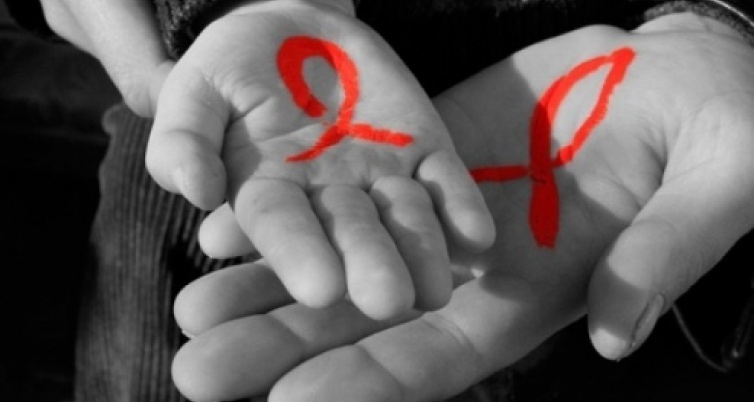Подпишитесь на наши новости:
Success Stories
другие Success Stories
Better Business Benefits All
PARENT GROUPS PROMOTE FAMILY ‘VICTORIES’

August 7, 2017
Integrated Social Services: A New Model for Lasting Change
Instability in S. early years led to risky choices in adulthood. His young mother left her only son with elderly grandparents, who were too ill to care for him. He was taken to the state children’s home at 8 months old. “I didn’t see [my mother] again, and I never knew my father, so I considered myself an orphan. When I turned 18, I left the orphanage and lived wherever I could
find a place.” After bouncing from one difficult situation to the next, Timothy was diagnosed with HIV and tuberculosis in 2015. He lived in a tuberculosis hospital for a year and a half while he received treatment.
Elena Rastokina, coordinator of integrated special social services, says S. was in dire financial straits when his case was first brought to her attention. “At the time of our needs assessment, S. was in a very bad place financially - he didn’t have enough money to take the bus. He was very aggressive, and kept everything locked up inside him.”
Elena worked with a team of specialists to address S.’s diverse needs and challenges. They arranged a meeting of the local Workforce Eligibility Commission, which allowed him to register for a new disability status which afforded additional benefits. S. also registered with the local employment center and started the process to receive reduced-cost housing, so that he doesn’t have to sleep on the street.
“Accepting an HIV diagnosis can be very difficult,” Elena says, “but with regular meetings and psychological consultations on acceptance and addressing self-stigmatization, S. learned how to deal with situation and continue living his life. Now we can see a difference in the way he interacts with the people around him.”
This ‘case management’ approach to identifying and responding to S.’s needs was made possible by community foundation ZUBR, through its project“Model of Integrated Special Social Services – Scaling Up Experience” supported by the Eurasia Foundation of Central Asia’s Good Governance Initiative Fund with funding from the US Agency for International Development (USAID). While the traditional system for social service provision addresses social issues separately, ZUBR recognizes that the complexity of social challenges faced by vulnerable populations requires a comprehensive approach. Housing, health, employment, and legal issues are often closely interrelated, and a “case management” approach allows a team of specialists to identify root causes and provide targeted support accordingly. Case management teams include representatives of the social protection, education, public health, and law enforcement agencies. Each specialist brings strong knowledge of available resources, as well as commitment to improving the lives of vulnerable populations.
Unfortunately, stories like S.’s are all too common. Lack of information about available services, feelings of shame or helplessness, and social stigma keep many people in challenging life situations from seeking assistance. Those who do seek help often find that support services offered fail to meet their broad spectrum of needs. ZUBR’s case management approach offers a proven model for helping society’s most vulnerable citizens help themselves.



